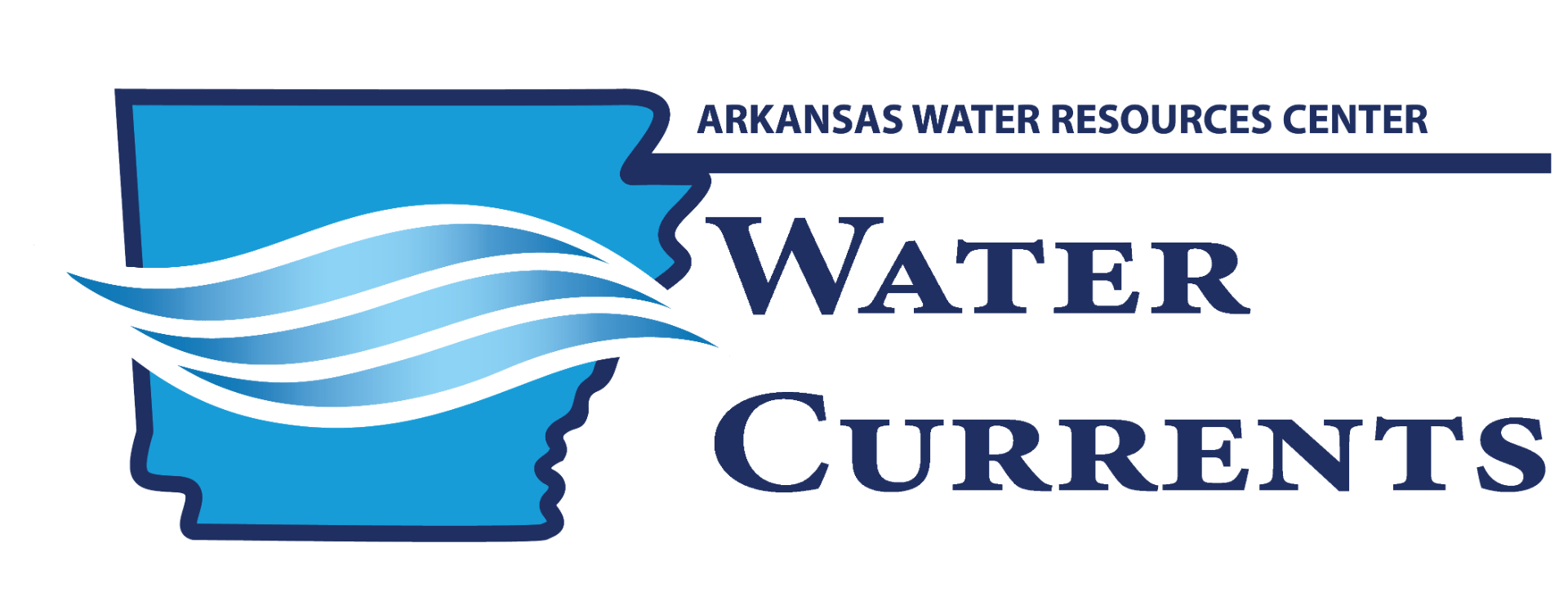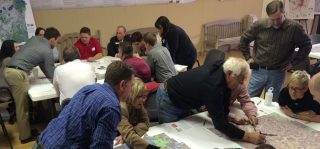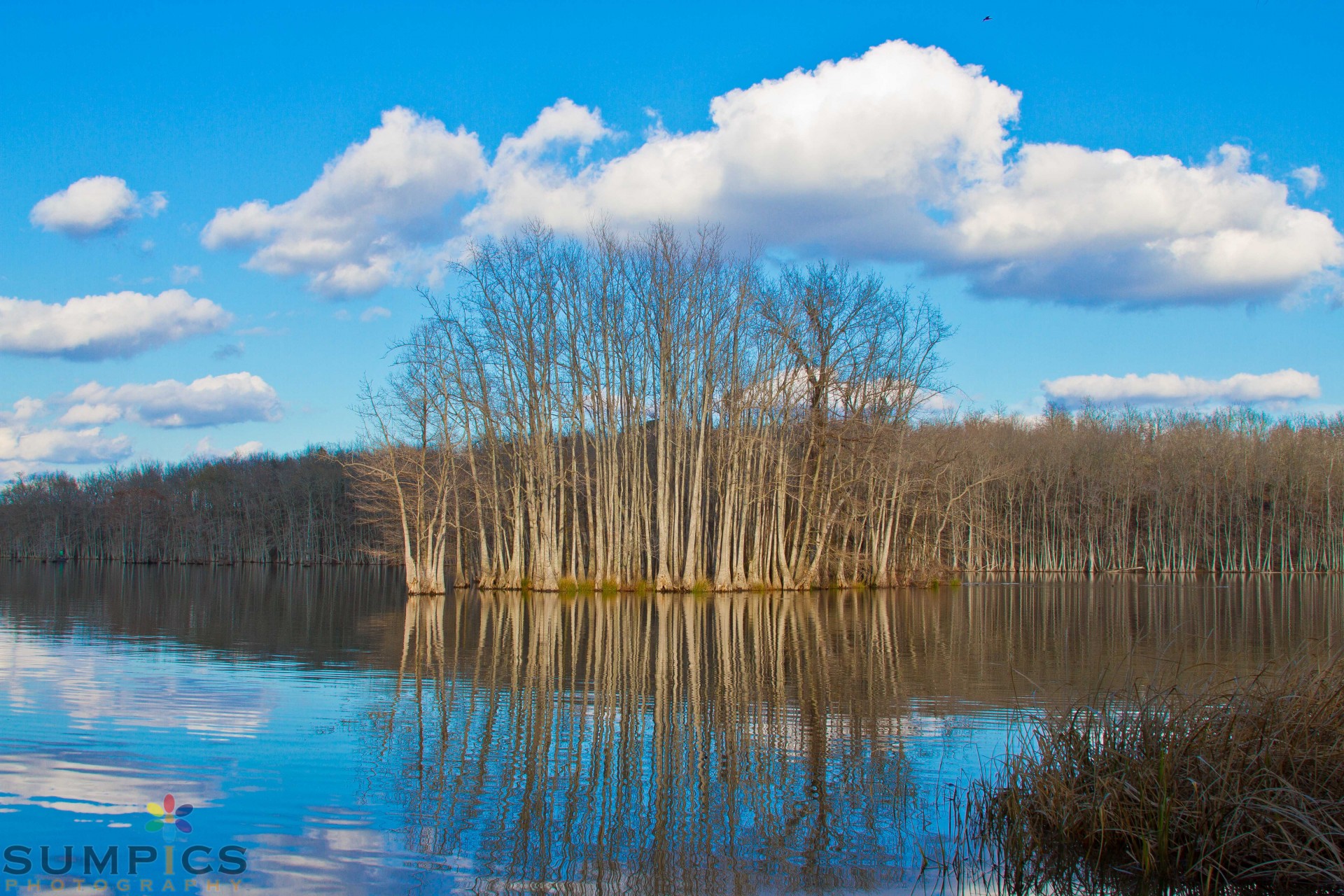
Report Details People’s Attitudes about Water Issues and Policies
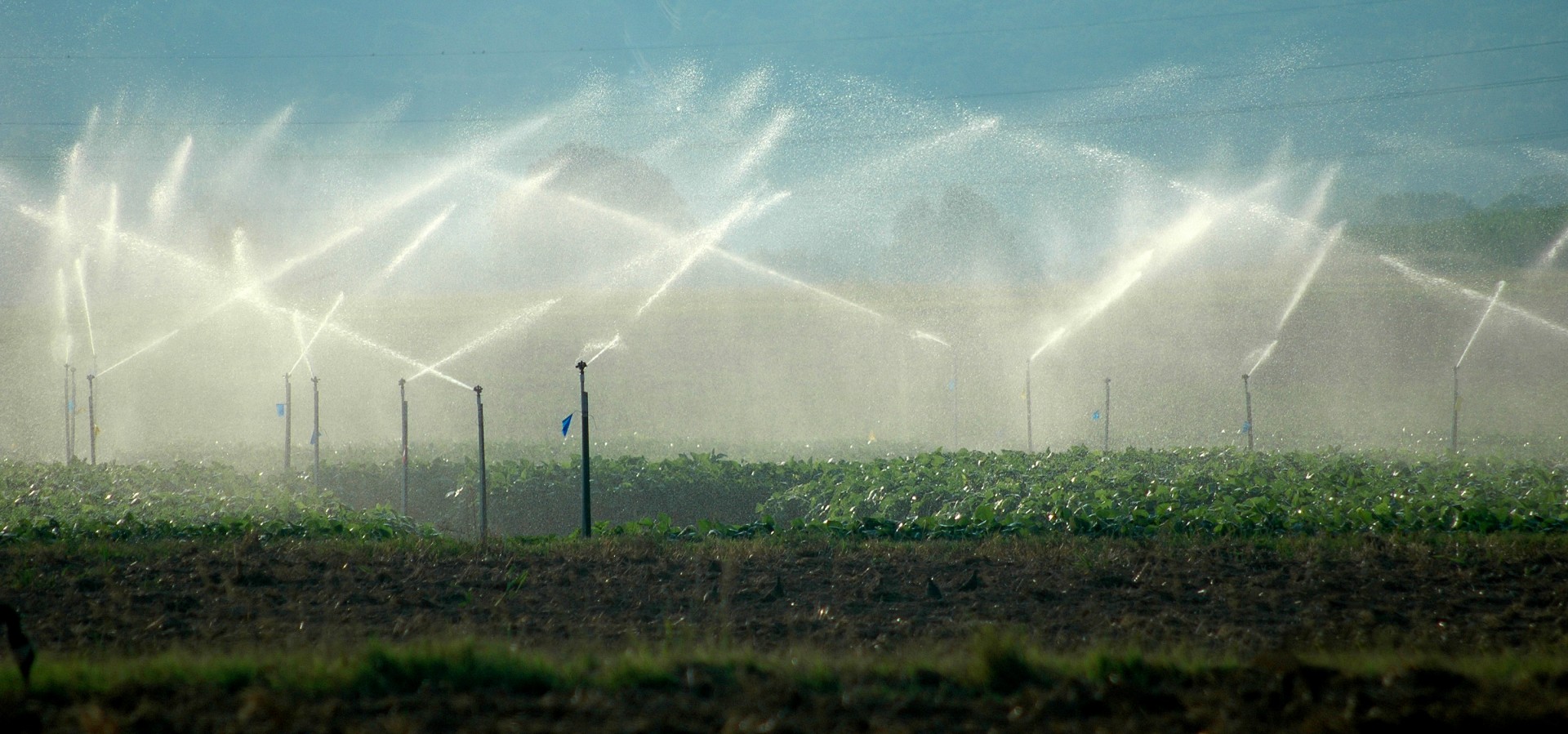
What do you think – will Arkansas be able to meet its demand for water in the future?
Researchers in the Public Policy Ph.D. Program at the University of Arkansas recently conducted a survey of the Division of Agriculture to evaluate how people there feel about current water issues in Arkansas and about the effectiveness of current water management strategies.
“People’s perceptions are important, and feedback from agricultural professionals is crucial for evaluating the state’s current water management policies,” said Grant West, one of the authors of the report.
Employees of Arkansas’s Cooperative Extension Service, Agricultural Experiment Station, and the University of Arkansas College of Agricultural, Food, and Life Sciences voluntarily answered questions about their opinions on water resources issues and management policies in Arkansas.
The study highlights some common concerns among the professionals who were surveyed. For example, the aging infrastructure for drinking water supply is considered by many (81%) to be problematic and in need of attention. The cost of upgrading infrastructure, while not a topic of the survey, is known to be substantial so funding will be a big issue.
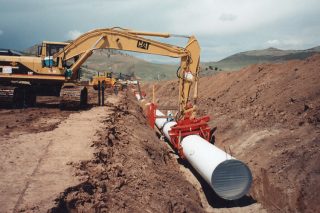
Construction of a water supply pipeline.
Another major concern of those surveyed (80%) is Arkansas’s ability to meet the demands of groundwater, particularly for use in agriculture. Agriculture is the largest industry in Arkansas, employing about one in six jobs in the state. Indeed, people feel that there’s a huge risk to the economy as groundwater availability declines.
The “Arkansas Water Plan 2014 Update” outlines the state’s policies or strategies to address long-term water management. The Plan brings together science, data, and public input to identify current and future water supply and demand issues, as well as potential solutions.
So, how do people feel about the way Arkansas is planning for these challenges, in terms of management policies? Well, 40% of those surveyed think that current policies will be effective, but 20% disagree; 40% of people are neutral.
Most of the people surveyed (75%) agree that utilizing surface water and groundwater in combination will be an effective strategy to ensure continued water availability. This practice will be particularly important for agricultural irrigation.
The idea that the public should be involved in water planning has a lot of support from those surveyed as well (67%). Most people also think that there should be government assistance to address water resources issues. For example, 62% of respondents support tax credits and cost-share programs that can help landowners implement conservation practices, 59% support bond programs that can help finance infrastructure projects, and 58% support expanded water quality monitoring which can help guide management decisions.
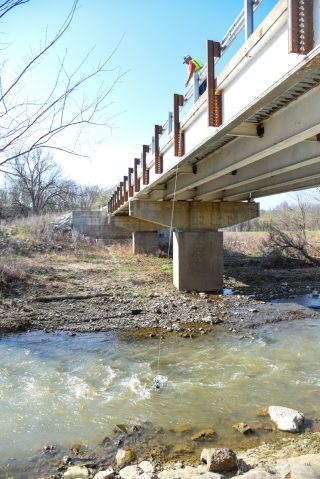
Dr. Bradley Austin collects a water sample to monitor water quality in Northwest Arkansas.
The bottom line is, Arkansans will face more and more challenges to meet water quality and availability needs in the future. Water professionals seem to agree that a variety of policies and strategies will be needed to tackle the variety of water issues.
As mentioned previously, the public should also be involved in the state’s water planning process. The lead author of the study, Rachael Moyer, said, “We hope to broaden our survey sample in the near future to gain an understanding of other stakeholders’ perceptions toward water policies in Arkansas.”
About the UA Public Policy PhD Program: An interdisciplinary group of faculty in the applied social sciences, behavioral sciences, agriculture, and the schools for the professions have come together to create an innovative educational and outreach program. Located in the Graduate School, the Public Policy Ph.D. program draws upon the strength of many academic departments and disciplines to meet its education, outreach and service goals.
Their focus is on training leaders who will directly affect policy issues relevant to the people of Arkansas, the region, and the nation. As part of the educational and service mission of the University of Arkansas, the new Ph.D. program provides a forum for the consideration of policy issues by students, faculty, and the larger community.
